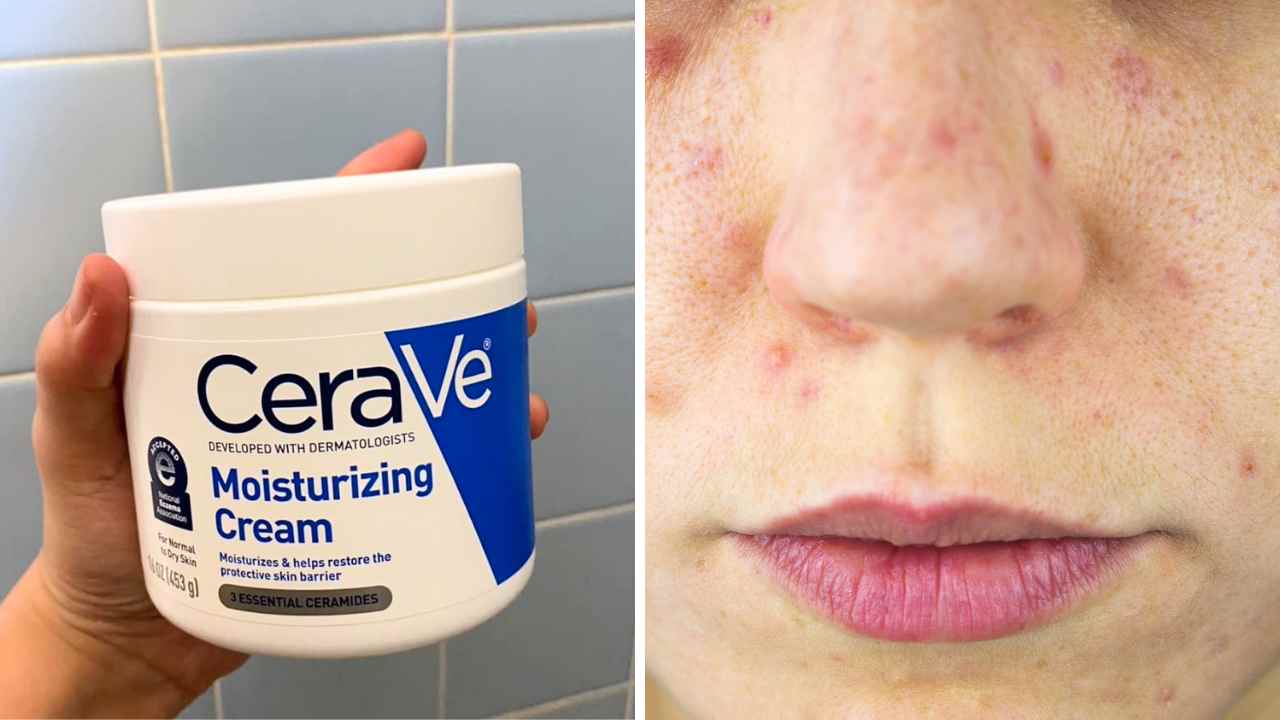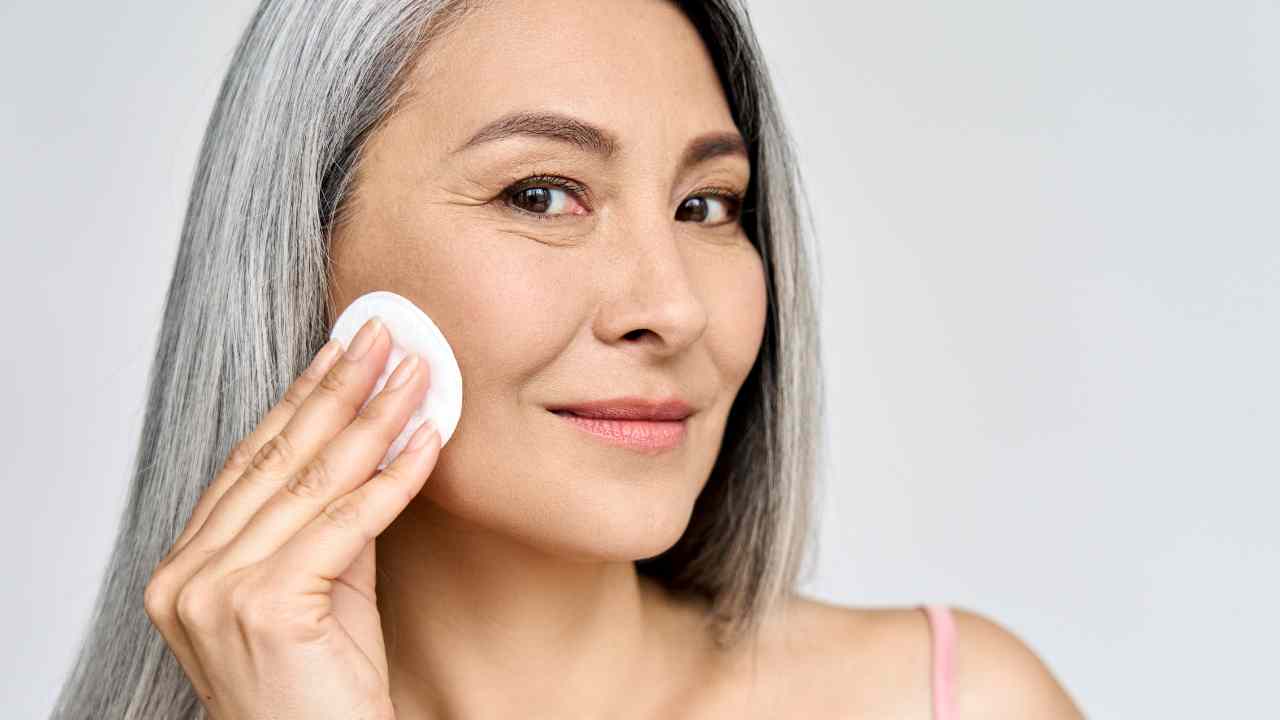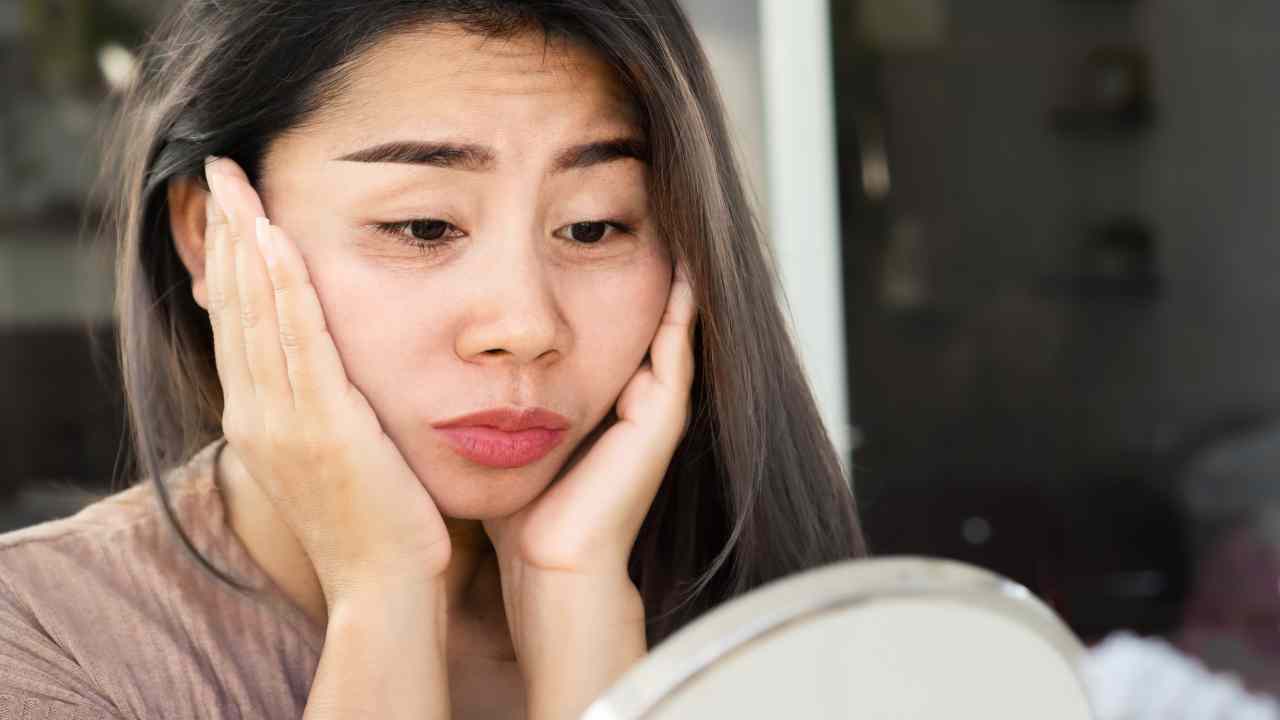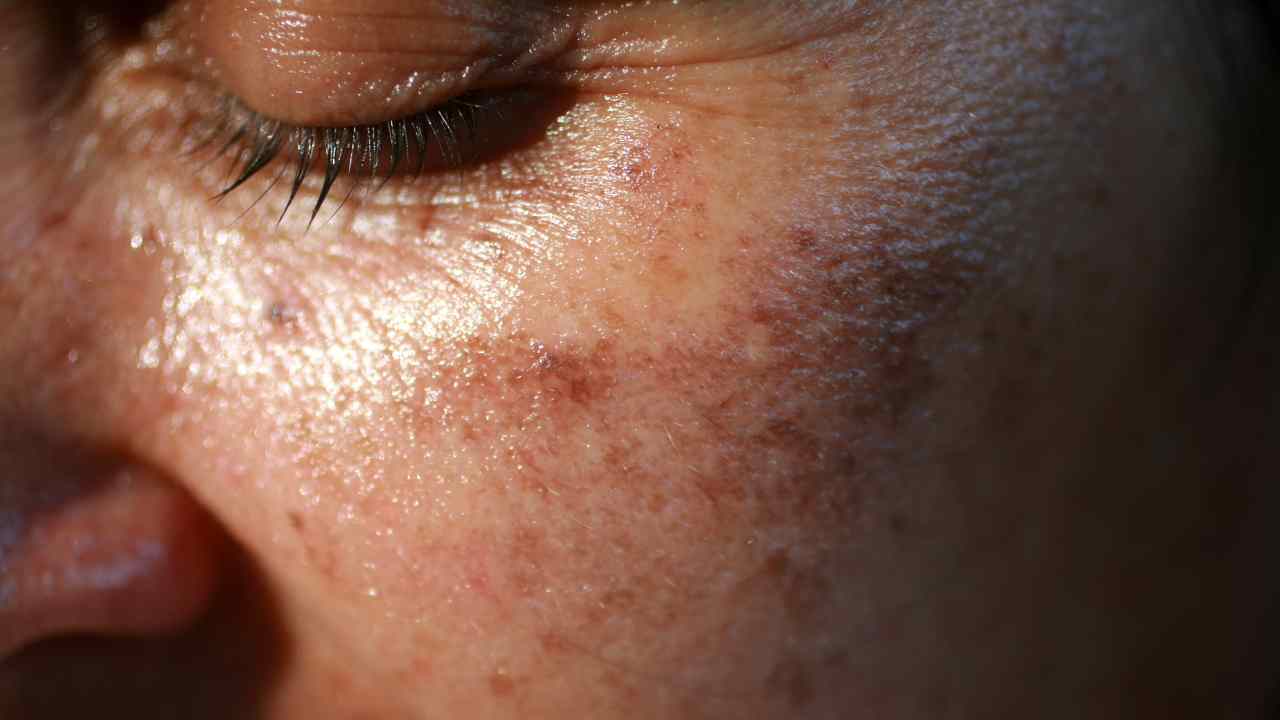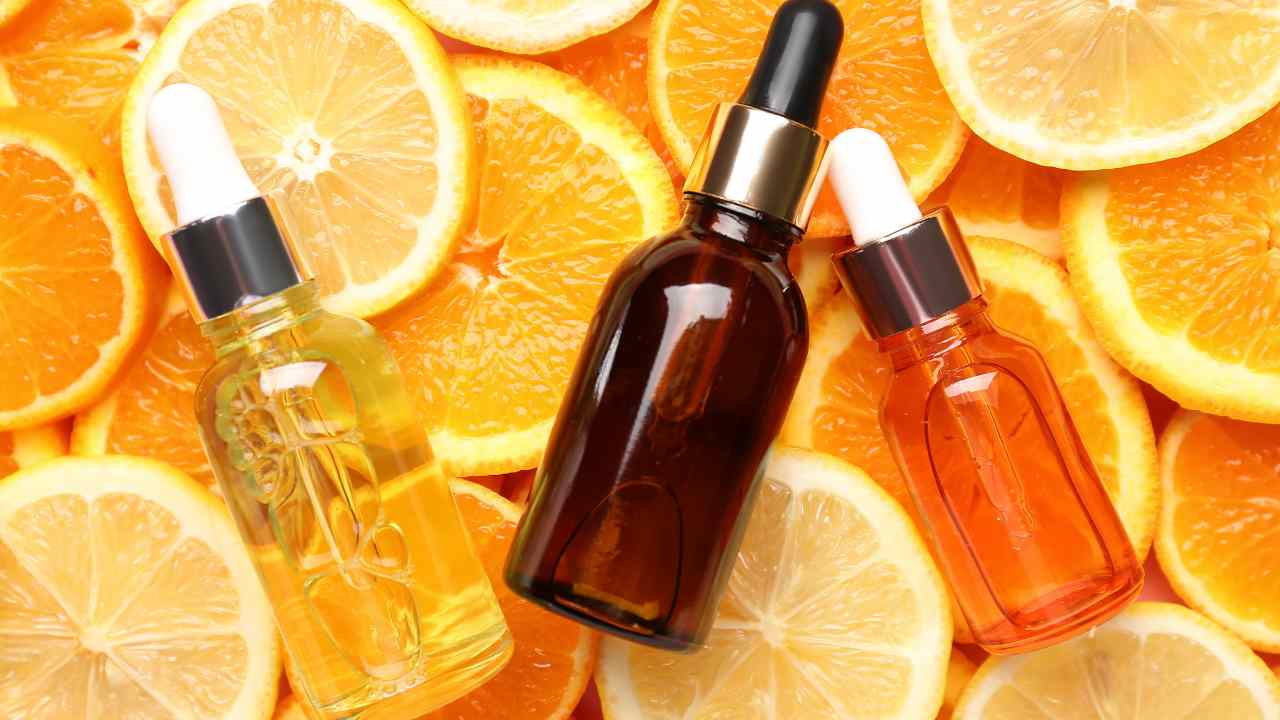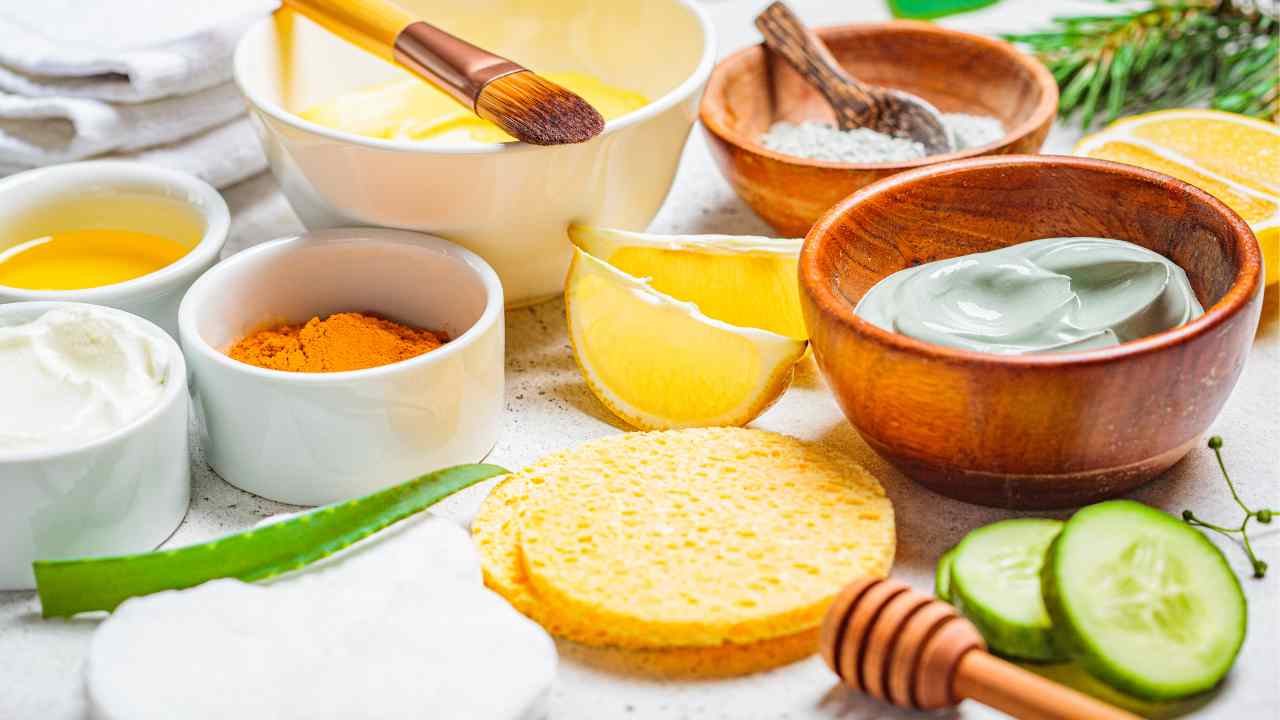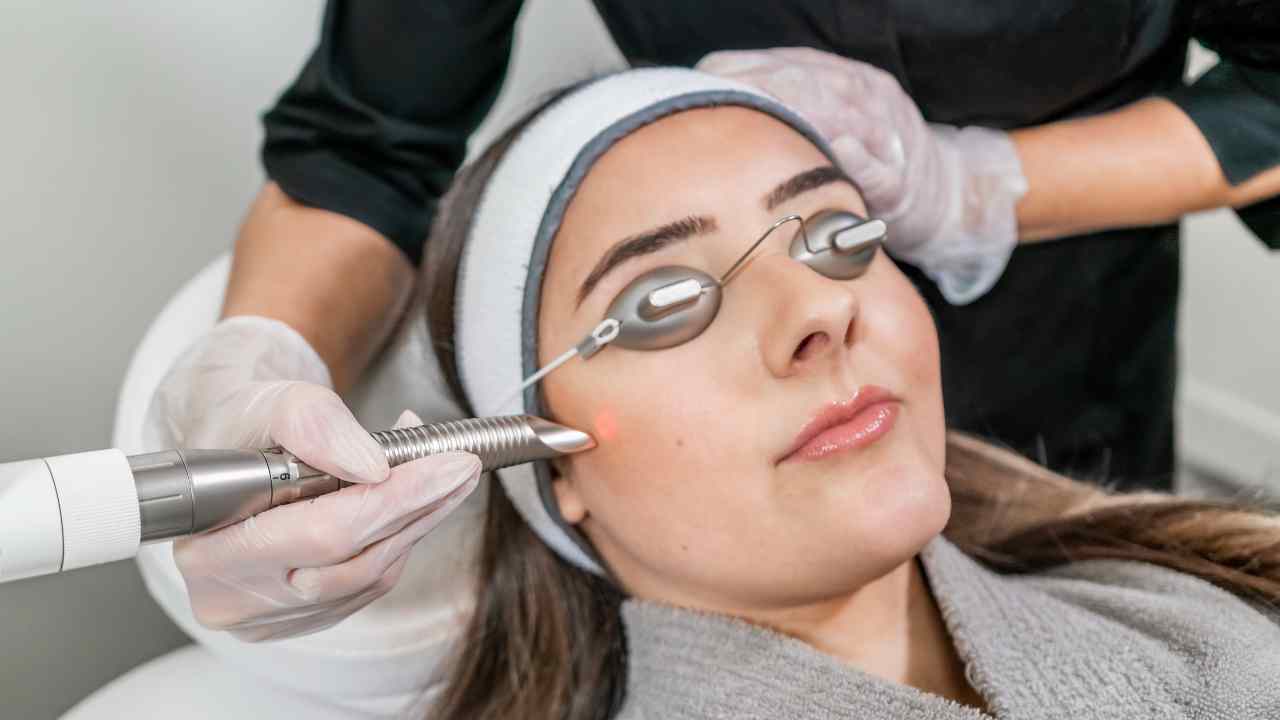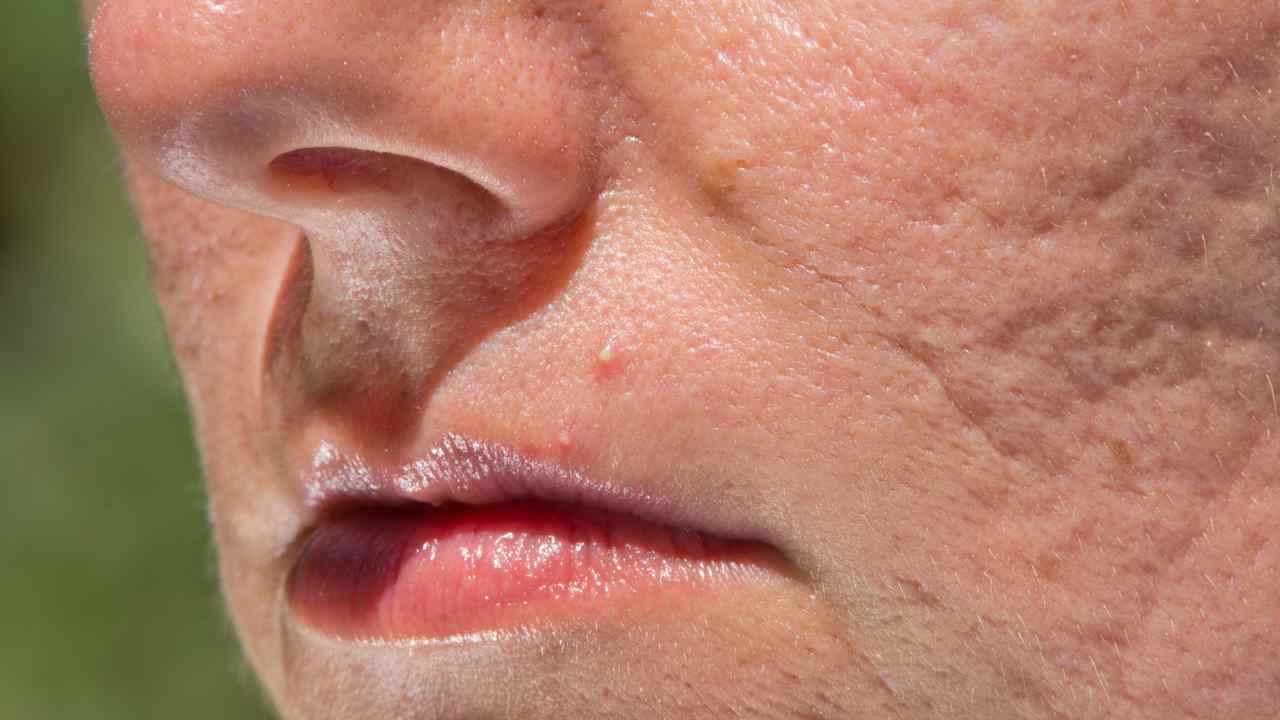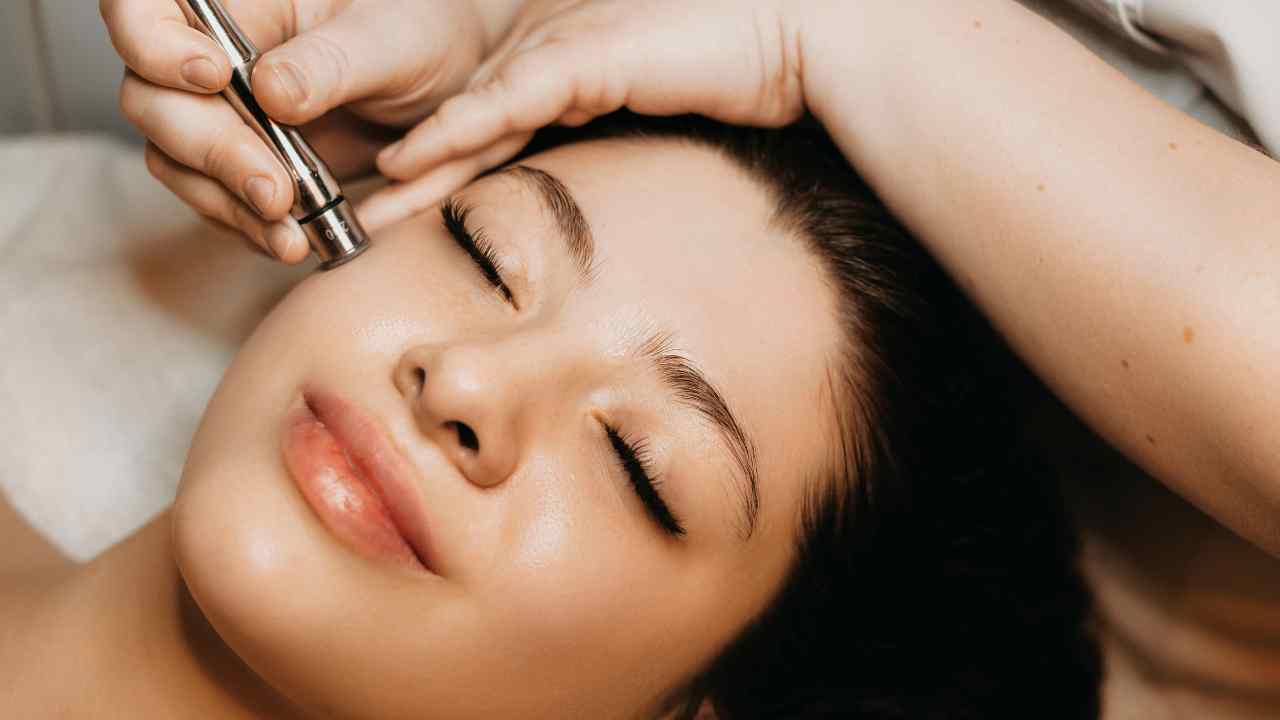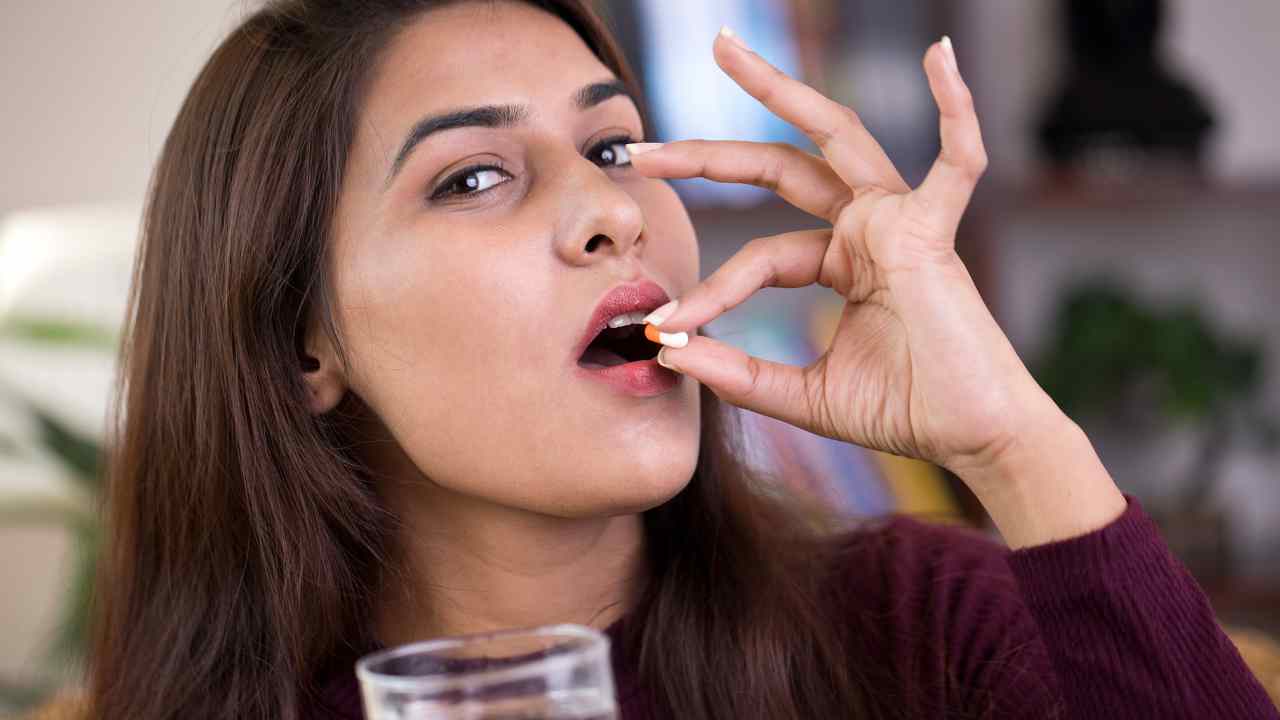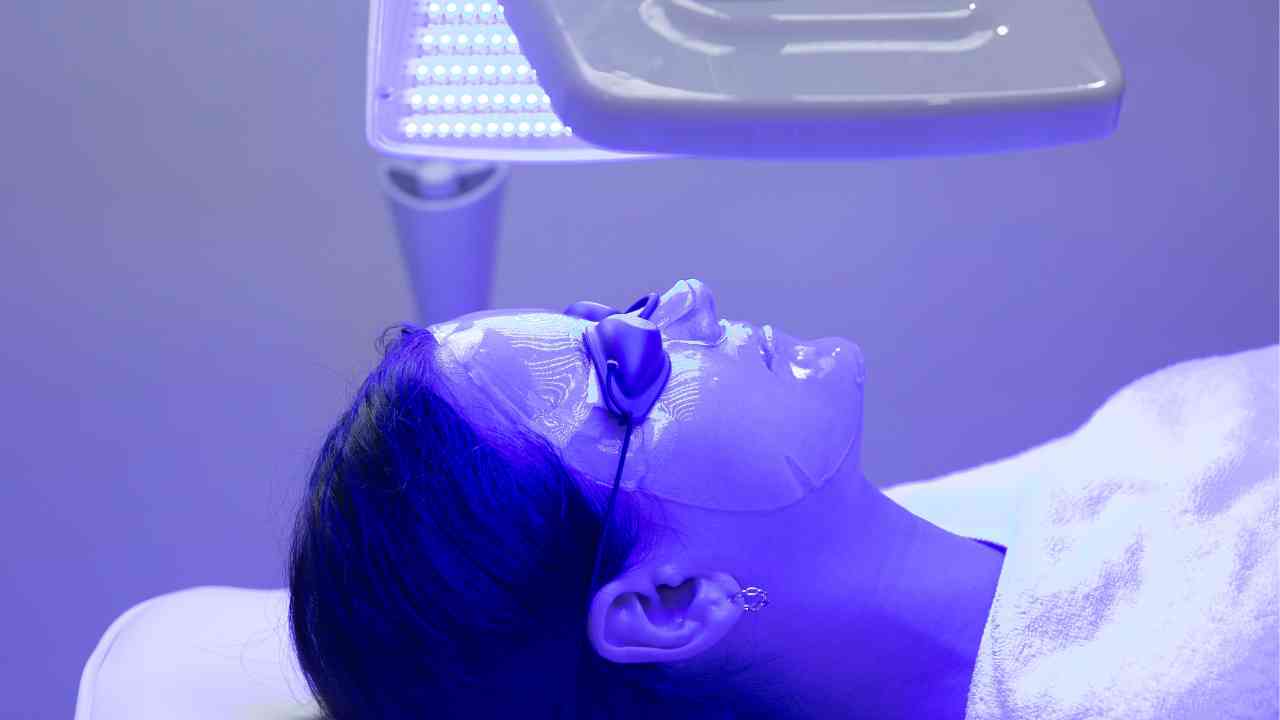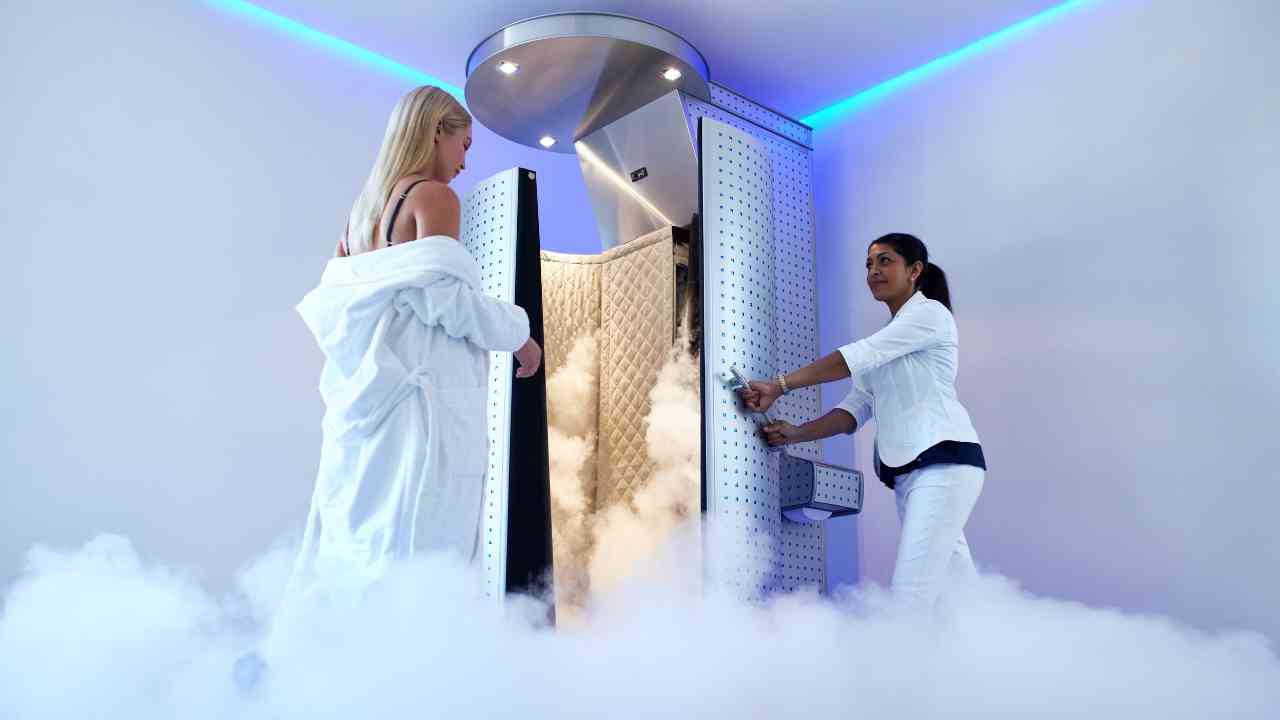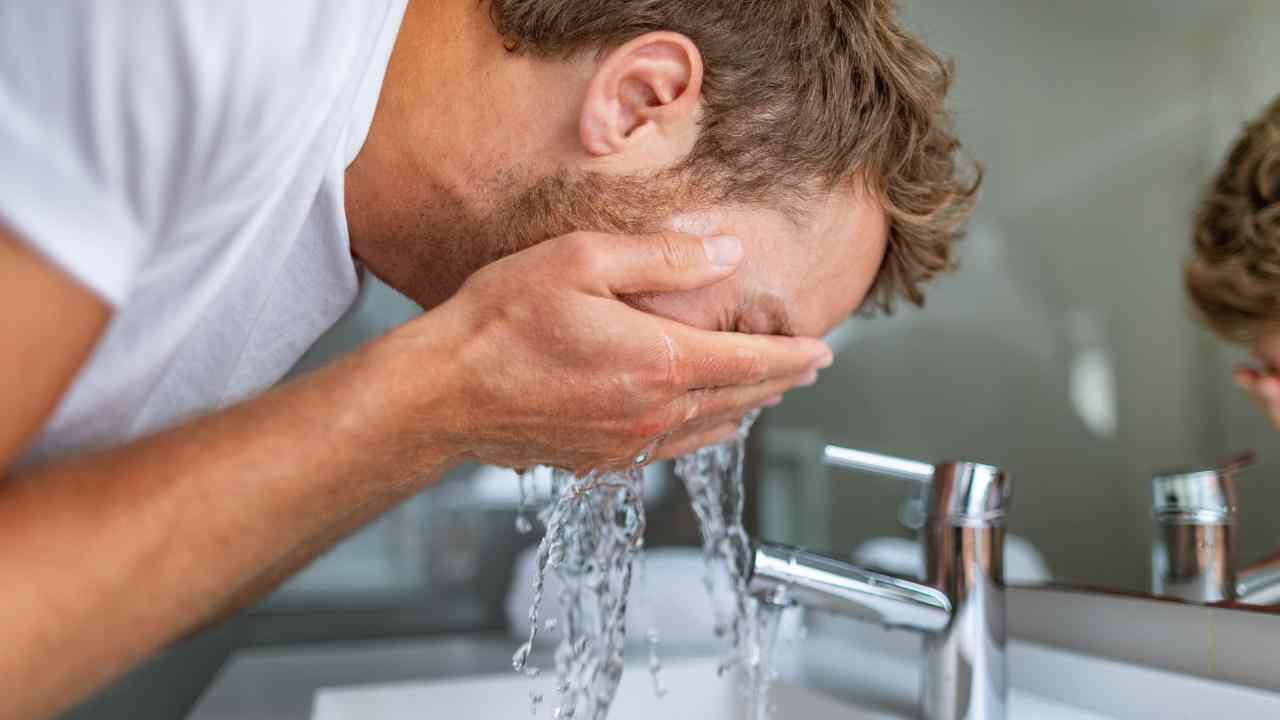
Acne Self-Care 101: Transform Your Skincare Routine Today
Hey there, beautiful soul! Dealing with acne can be a tough journey, but fear not—we've got your back.
Self-care isn't just about indulging in face masks and bubble baths (although those are great too). It's about giving your skin the love and attention it deserves while boosting your confidence along the way.
Let's dive into the world of acne and discover how to treat your skin like the precious gem it is. But before we clean up your acne issue, it's helpful to know what's causing it in the first place. Keep reading for an explanation of what acne is and a few of the key triggers.
What is Acne?
Acne vulgaris, commonly known as acne, is an inflammatory skin condition caused by clogged hair follicles. It typically appears on the face, neck, chest, back, and shoulders.
Acne occurs when hormones cause your sebaceous glands to produce too much oil (sebum) which ends up trapping dead skin cells and bacteria to create a blockage in your skin pores.
Common symptoms of acne include: whiteheads (known medically as closed comedones), blackheads (open comedones), pimples or “zits” (papules and pustules), cysts or nodules.
People who suffer from severe cases may also experience acne scarring that can be permanent even after the acne has cleared up.
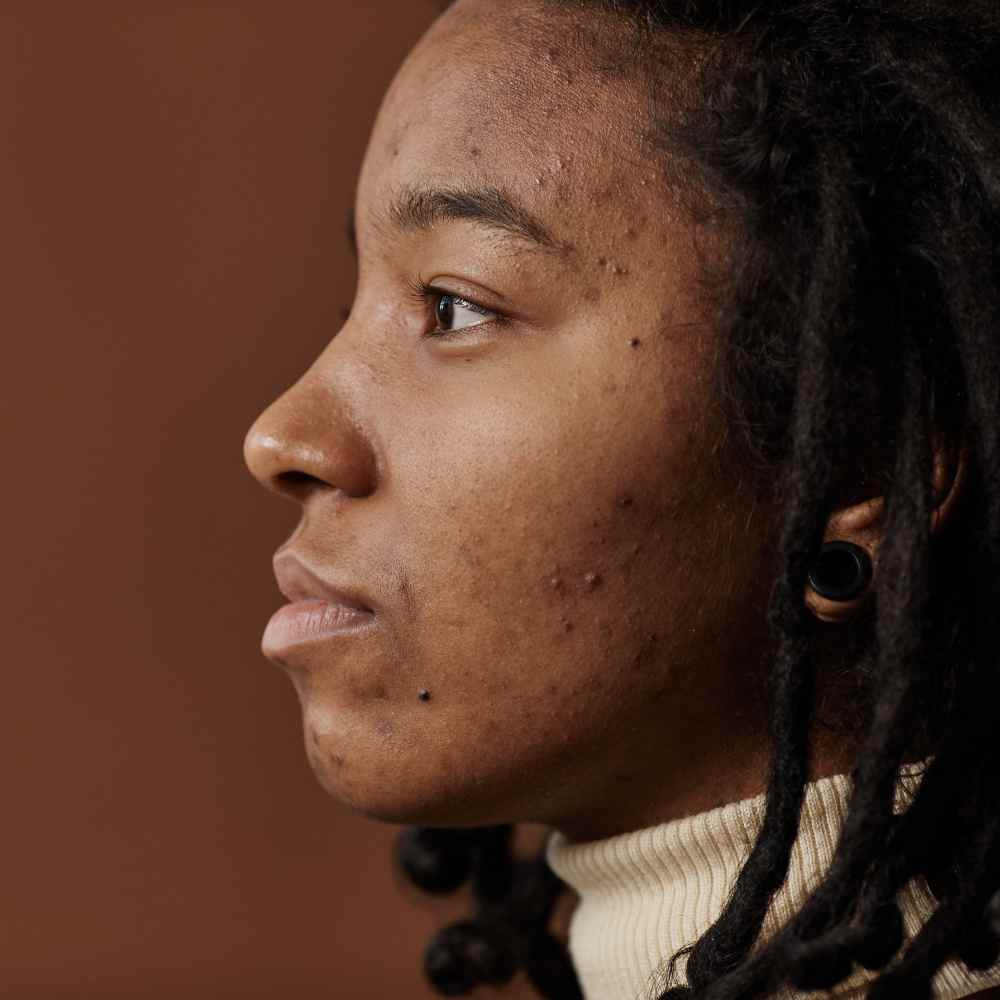
What's Causing Your Acne?
Acne breakouts are caused by many factors, including hormones, hygiene habits, certain medications and cosmetics, diet, stress levels, genetics and environmental factors. Learn more about each of these triggers below.
Your Hormones
Hormonal changes during puberty tend to cause the overproduction of oils on the skin's surface. This oily skin often leads to an increase in blackheads and whiteheads.
Additionally, fluctuations in hormone levels during pregnancy can also contribute to acne flare-ups and other skin issues.
Hygiene Habits
Proper cleansing is key when it comes to keeping your skin healthy and clear from acne breakouts; not washing enough or too often can both be causing problems.
Using harsh soaps and scrubbing roughly may irritate existing blemishes as well as promote new ones to form.
Opt for a mild cleanser that won't overly strip or dry out your skin when completing your daily routine and wash skin gently.
Medications & Cosmetics
Some topical creams used for other skin conditions are known contributors to acne breakouts (i.e., steroid creams).
Makeup products with ingredients such as cocoa butter or mineral oil are also thought to clog pores which can lead to pimples forming underneath the surface of the skin’s protective barrier. Using these kind of comedogenic products can make acne worse.
Diet & Food Choices
Eating unhealthy foods such as greasy french fries or consuming dairy products high in fat and cholesterol might trigger a breakout since these types of nutrients take longer for our body system regulate.
This causes long-lasting inflammation reactions on our delicate facial tissue leading us into possible acne problem issues if left unresolved without proper care.
Stress & Anxiety Levels
Experiencing anxiety and elevated stress levels can lead to consistently higher cortisol levels in the body, resulting in inflammation and irritation on the face.
Particularly vulnerable areas include the chin, cheekbones, forehead, and eyebrows, as well as other locations that are more prone to hormonal shifts and physical strain.
It is crucial to address these situations promptly in order to prevent further complications and mitigate the current circumstances.
Genetics & Environmental Factors
Our genetic composition has a significant impact on how we respond to various environmental elements, such as bacteria, viruses, dirt particles, foreign objects, microorganisms, dust mites, pollen, and spores.
These factors can either worsen existing acne symptoms or exacerbate conditions if left untreated. It is crucial to address these influences to prevent further deterioration.
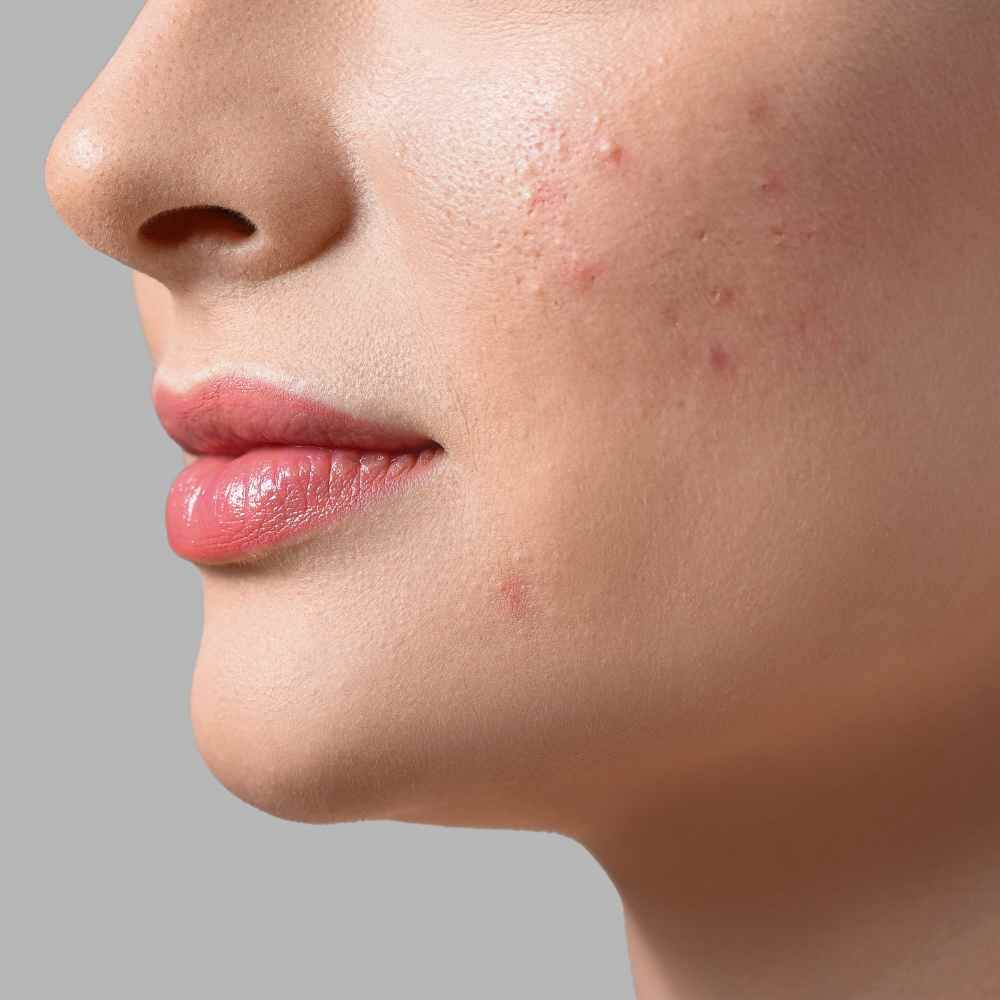
Acne Self-Care 101
Finding ways to take better care of your skin is a must if you're struggling with acne breakouts. So where do you begin? If you're only suffering from mild acne, you may be able to solve your breakout issue at home. Get inspired with these easy and helpful tips for how to combat acne like a pro!
1. Embrace a Gentle Cleansing Routine
Start your self-care journey with a gentle, non-stripping cleanser. Harsh cleansers repeated skin washing can strip your skin of essential oils, leading to overproduction of sebum and potential breakouts.
Opt for a cleanser with acne-fighting ingredients like salicylic acid or benzoyl peroxide for a double whammy of cleansing and treatment.
2. Master the Art of Moisturizing
Yes, even acne-prone skin needs moisture! Look for an oil-free, non-comedogenic moisturizer or skin cream to keep your skin hydrated without clogging pores.
Moisturizing helps maintain your skin's barrier function and prevents excessive dryness that can trigger even more oil production.
3. Break Up with Harsh Scrubs
Put those aggressive scrubs on pause! Abrasive exfoliation can irritate your skin and worsen breakouts.
Instead, opt for chemical exfoliants like glycolic acid or salicylic acid. They gently dissolve dead skin cells and unclog pores, revealing smoother, brighter skin.
If you decide to use a face mask, only use one that is specifically compatible with acne prone skin.
4. Spot Treat with Care
When the occasional zit pops up uninvited, resist the urge to wage war with your skincare artillery.
Instead, use a targeted spot treatment containing ingredients like benzoyl peroxide, or tea tree oil. Apply a thin layer to the affected area to avoid over-drying.
5. Sunscreen is Non-Negotiable
Sunscreen is your skin's best friend, even if you're not sunbathing on a tropical island. UV rays can worsen acne scars and inflammation. Choose a broad-spectrum, oil-free sunscreen with at least SPF 30 to shield your skin from the sun's harmful effects and prevent skin cancer.
6. Feed Your Skin from Within
Your diet plays a role in your skin's health. Incorporate foods rich in antioxidants, like berries, leafy greens, and nuts. Omega-3 fatty acids from sources like salmon and flaxseeds can also help reduce inflammation and support healthy skin.
7. Manage Stress
Stress and acne are like frenemies—when one shows up, the other often follows suit. Practice stress-reduction techniques like meditation, yoga, or deep breathing. A calm mind can help keep breakouts at bay.
8. Be Patient & Kind to Yourself
Acne doesn't disappear overnight, and that's okay. Treat your skin with patience and love.
Avoid picking or squeezing blemishes, as this can lead to scarring and prolonged healing. Remember, your worth isn't defined by your skin—it's defined by the beautiful soul you are.
9. Experiment Mindfully
Everyone's skin is unique, so what works for your bestie might not work for you. When trying new products, introduce them one at a time to pinpoint potential irritants or allergens. And please, no DIY skincare experiments—you don't want to inadvertently make matters worse.
10. Seek Professional Guidance
If your acne journey feels like an uphill battle, consider consulting a dermatologist. They can provide personalized advice and, if needed, prescribe treatments tailored to your skin's needs.
Topical creams containing ingredients like retinoids hinder new lesions from forming while extracting toxins from deep roots of follicle wall thus improving appearance overtime if used consistently over months under supervision of dermatologist.
Dermatologists can also prescribe oral medications such as Accutane or antibiotics for severe acne or cystic acne when topical acne treatments like prescription gels don't show improvement.
Acupuncture treatments have also been found helpful for treating some types of acnes due its desensitizing effect on the nerve endings around affected areas thereby reducing inflammation associated with it.
Finally, they may recommend more extreme measures to treat your acne. A procedure called photodynamic therapy chemical skin peeling (PDT) may help your acne.
Photodynamic therapy (PDT) is a type of chemical skin peeling for acne that uses light to activate specific treatments such as photochemicals, dyes, or lasers.
The light activates the chemicals and helps them penetrate through the skin more deeply than they normally would. This allows the treatment to target excess oil production or bacteria that cause acne, which helps reduce inflammation and clear up blemishes.
PDT also stimulates collagen growth that can help improve the look of fine lines and wrinkles on the face. The procedure is generally short in duration with minimal discomfort or downtime for patients.
Rock Your Skin, Rock Your Confidence
Acne care is about more than just the products you apply—it's about nurturing your skin, body, and soul. Embrace your skin's uniqueness, knowing that each blemish tells a story of your journey.
As you embark on this self-care adventure, remember that true beauty radiates from within, and your confidence is the best accessory you'll ever wear. So go ahead, rock your skin, and rock your world!



